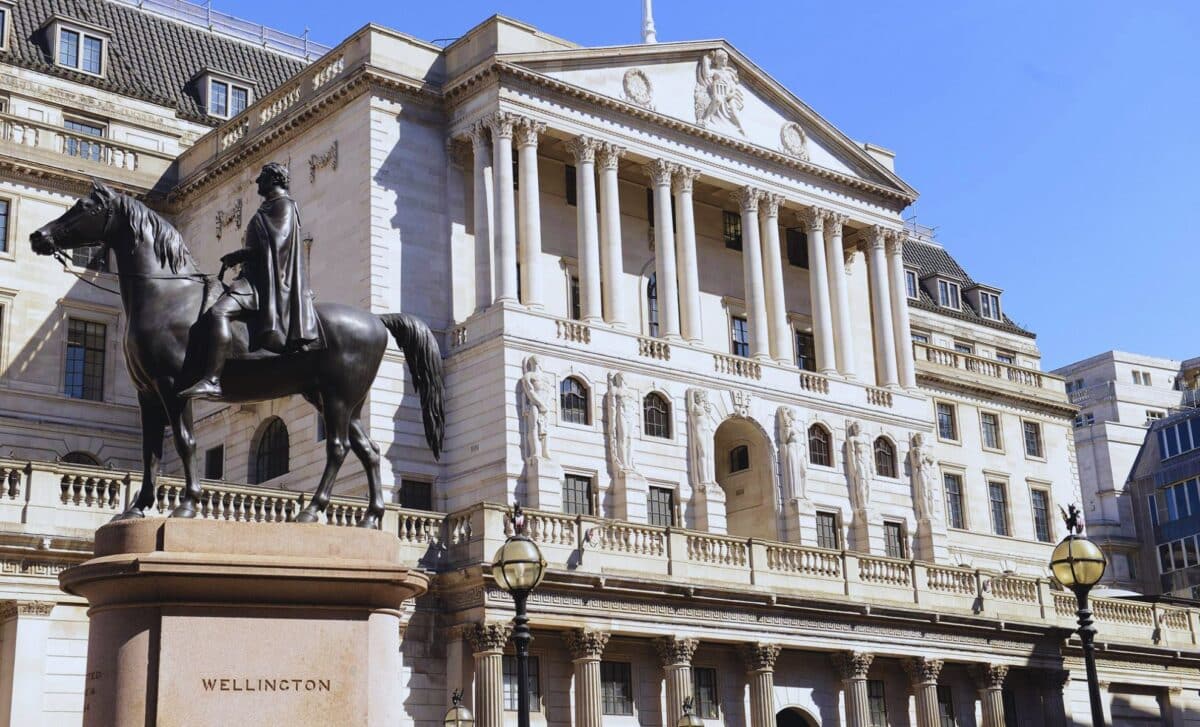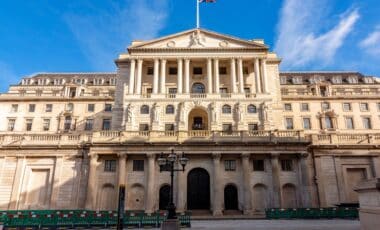The Bank of England has cautioned against significant risks to the UK economy, suggesting that interest rates may remain elevated for longer than expected. Governor Andrew Bailey pointed to global trade tensions and persistent inflation uncertainties as key factors limiting the scope for rapid monetary easing.
Bailey emphasized the effects of changing US trade policies in his speech before the Treasury Select Committee, cautioning that more tariffs would make the economy even more unstable.
These worries were echoed by senior Bank of England officials, who pointed to inflationary pressures and an unstable exchange rate situation.
Trade Tensions and Inflation Keep Rates Elevated
The Bank of England has made it clear that rapid interest rate cuts are not on the horizon, citing ongoing economic uncertainty and inflation concerns. According to Bailey, US trade policies—including tariffs imposed by Trump—pose a “substantial” risk to both the UK and global economies.
Bailey’s remarks follow the latest US trade measures, which saw Canada and Mexico hit with a 25% import tax, heightening fears of a broader economic impact. Senior Bank officials, including Huw Pill, Megan Greene, and Alan Taylor, noted that retaliatory tariffs could dampen growth and further complicate inflation dynamics.
Greene highlighted the unpredictable movement of currency markets, which could exacerbate inflation volatility. Meanwhile, Pill, the Bank’s chief economist, stressed that interest rates must remain at restrictive levels to curb underlying domestic inflationary pressures.
He stated: “There is more work to do to squeeze those domestic underlying inflation out of the system.”
Fiscal Policies Add to Economic Strain
In addition to trade uncertainty, domestic fiscal policies have intensified inflationary pressures, adding another layer of complexity to the Bank’s monetary stance. Bailey pointed specifically to the National Insurance increase, which he said was frequently raised as a concern by businesses.
According to Bailey, when the tax hike was introduced, economists predicted it would lead to higher consumer prices, shrinking profit margins, and reduced employment.
“We can see all of those… and when we ask firms, that’s exactly the answer we get,” he told MPs.
The policy, he noted, has had a measurable impact on inflation, with some businesses resorting to wage cuts to offset costs.
Meanwhile, broader economic uncertainty persists, with rising energy prices and tax adjustments from the October Budget further complicating inflation management.
According to Matthew Ryan, head of market strategy at financial services firm Ebury, most Bank of England officials advocate a gradual approach to rate reductions. This outlook has reinforced market expectations that only two interest rate cuts will occur this year.
While Bailey acknowledged that inflation is expected to moderate over the long term, he maintained that significant risks remain.
“The risks to the UK economy and the world economy are substantial,” he stated, reiterating the importance of trade in supporting growth.









